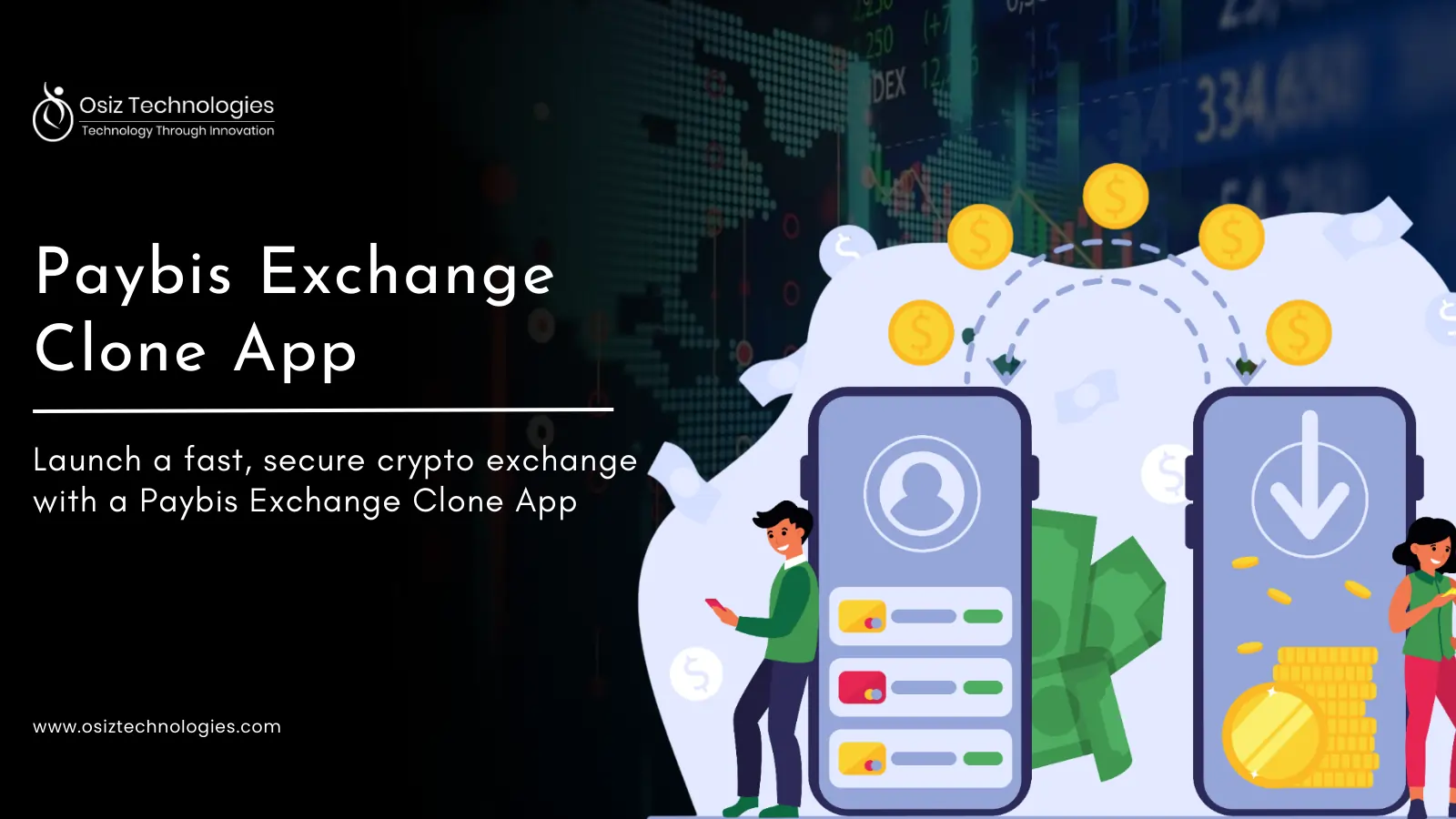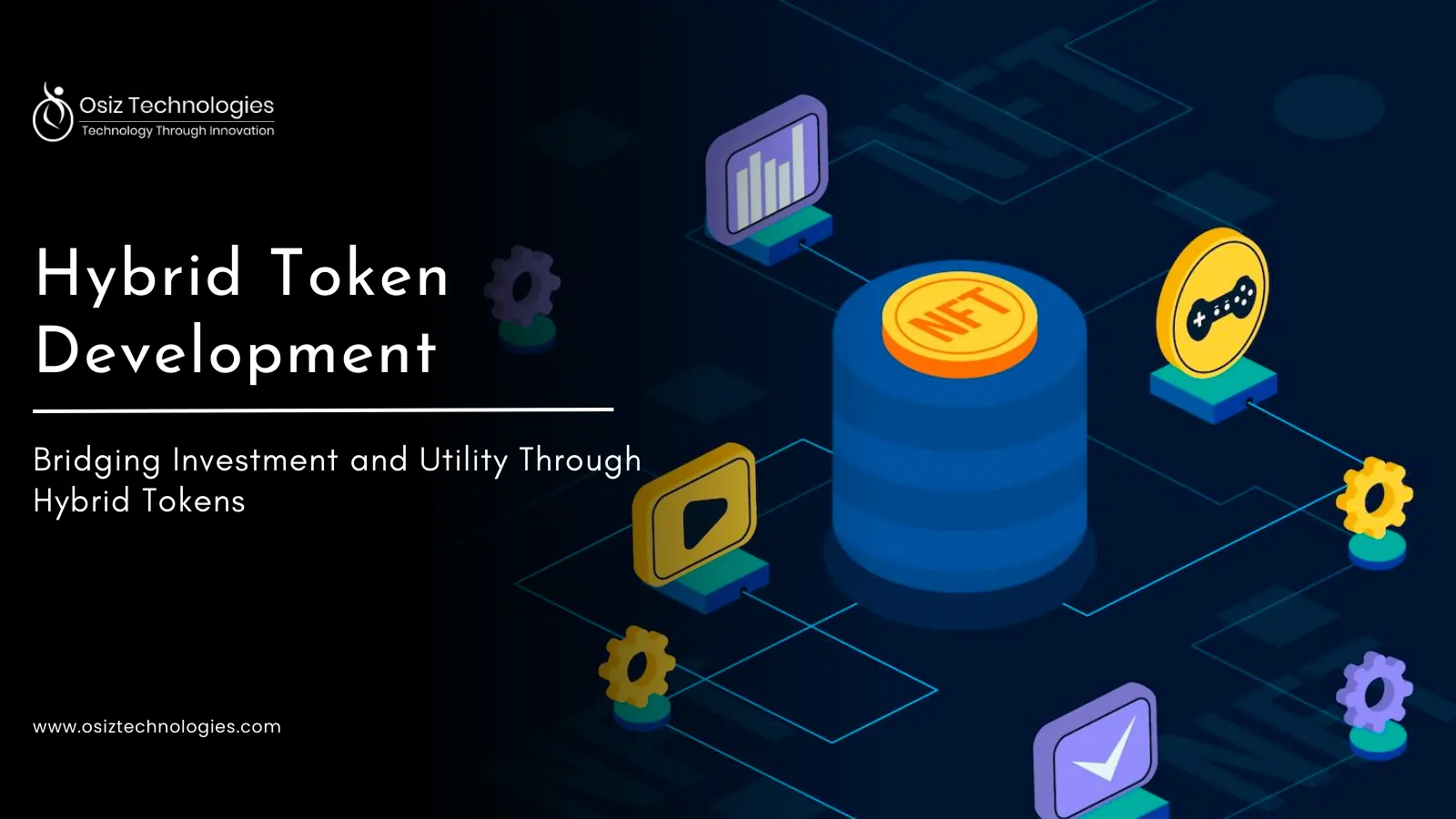The Metaverse's Educational Evolution
In a decade, the educational metaverse will consist of an immersive and interconnected web of virtual learning settings. Physical walls will no longer separate students and teachers in traditional classrooms as they enter a digital environment that promotes creativity, teamwork, and endless possibilities. Envision an educational setting where learners from various global locations convene virtually, contributing a multitude of viewpoints and cultural depth to the educational process.
Benefits of the Metaverse in Education
Enhanced Engagement: The metaverse's immersive quality draws in pupils and encourages active learning. It offers an integrated experience that can greatly improve learning retention and engagement.
Accessible Education: The metaverse removes physical constraints, which lowers educational difficulties. No one is left behind because of geographic or socioeconomic limitations because students can engage in classes and access educational resources from anywhere in the world.
Cost Effectiveness: The infrastructure costs involved in creating and sustaining physical campuses can be decreased by implementing the metaverse. By making investments in virtual environments, educational institutions can reduce their reliance on physical infrastructure while maintaining high standards of instruction.
Scalability: Delivering education in a scalable manner is made possible by the metaverse. Schools are able to accept more students without being constrained by the size of physical classrooms. Because of its scalability, educational institutions can reach more people and educate more people.
How Do Universities and Colleges Function in the Metaverse?
For both teachers and students, operating schools and colleges in the metaverse opens up a world of opportunities. These virtual spaces can be used in the following ways to further education:
Virtual Classrooms: Envision being in a virtual classroom where you can communicate with your teacher and fellow students. Through the metaverse, it is possible to establish online learning environments where students can work together on projects, take part in debates, and attend lectures from anywhere in the world.
Field Trips and Simulations: Students can take virtual field trips to historical locations, science labs, or even distant planets thanks to the metaverse. For experiential learning and simulations that would be difficult or impossible to duplicate in the real world, it offer a secure and engrossing setting.
Personalized Learning: The metaverse can personalize learning sessions by adjusting to individual student needs. By utilizing sophisticated algorithms and data analytics, instructional materials may be customized to meet the distinct interests, learning preferences, and skills of every student. This increases retention and engagement levels.
Global Collaboration: Geographical boundaries almost disappear in the metaverse. Globally dispersed educators and students can work together on projects, exchange ideas, and benefit from one another's varied viewpoints. This international partnership promotes cross-cultural learning and equips students for a world that is becoming more interconnected.
10 Applications of the Metaverse in the Learning Industry
Virtual Laboratories: Without the need for actual equipment, students can conduct experiments in virtual laboratories to facilitate hands-on learning.
Language Immersion: The metaverse has the potential to produce immersive learning environments for languages, enabling contact with native speakers and realistic simulations to aid in language acquisition.
Professional Development: Without having to travel, professionals can participate in virtual conferences, workshops, and networking events to increase their knowledge and abilities.
Adaptive Assessments: Personalized feedback and support can be facilitated by adaptive assessments offered by the metaverse, which monitor student performance in real-time and modify learning materials accordingly.
Career Exploration: Through job simulations and virtual internships, students can investigate several career pathways, assisting them in making well-informed decisions about their future.
Special Education: The metaverse offers accessible options and individualized learning experiences to meet the special requirements of individuals with disabilities.
Cultural Heritage Preservation: In the metaverse, historical landmarks and virtual museums can highlight and conserve cultural heritage while providing interesting opportunities for individuals to learn about art and history.
Mental Health Support: Students can easily access mental health resources and support through the metaverse's virtual therapy and mindfulness programs.
Gamification of Learning: The metaverse can increase learning motivation and enjoyment by including gaming components, which will improve student engagement and knowledge acquisition.
Virtual Libraries: Virtual libraries with enormous volumes of books, journals, and study materials can be found in the metaverse, giving scholars and students quick access to a multitude of information.
Digital citizenship and ethical considerations
The integration of the metaverse into education necessitates an intense focus on ethical issues and digital citizenship. Digital privacy, ethical technology use, and appropriate online behavior will all be covered in the curriculum for students. Strong cybersecurity measures will be in place to preserve sensitive data and the integrity of the learning environment. Teachers will be essential in helping children develop a sense of digital responsibility and equipping them with the moral and ethical knowledge necessary to traverse the metaverse.
Craft a Virtual Classroom for your students with Osiz
Educators may design an exceptional virtual classroom experience using Osiz Technologies, a fantastic Metaverse Development company. We provide teachers the ability to create a dynamic and engaging learning environment for their students with their cutting-edge solutions and expertise. We also offer various services to improve the Standard of the Future like Blockchain Development, Crypto Exchange Development, and AI Development.
Listen To The Article












